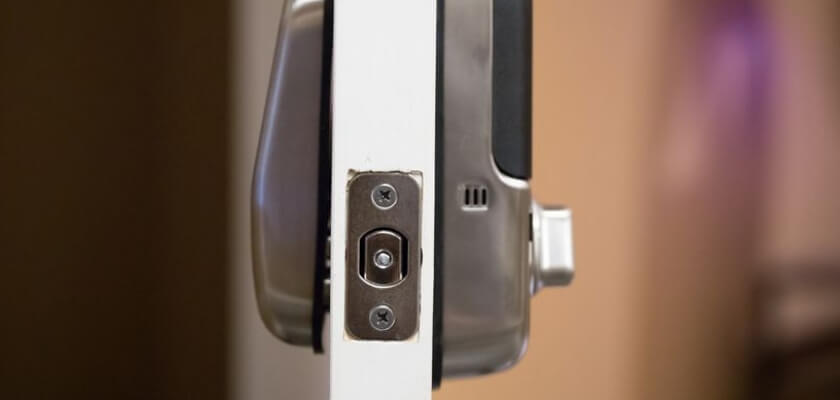The way many “smart devices” are implemented and function presents a compelling case for declaring the term simply misleading. It might have been a good idea from a marketing point of view to insert the adjective “smart” in there – but many of these gizmos just aren’t.
However, beyond this irony – the far more annoying and damaging feature of the ever-growing Internet of Things (IoT) legion is their ability to rob their users of agency – i.e., control over everyday lives, not to mention the private data collected from their very homes, that those harvesting it are free to sell to the highest third-party bidder.
At the same time, the drive to introduce IoTs into just about every home is evident – and so “smart lock” devices manufactured by Latch are now installed in one in ten new apartments in the US, if the company itself is to be believed. And they also proudly, and somewhat ominously announce that there are now – “nine more to go.”
The company’s promise is to “open and manage every door in an apartment building from a smartphone.” But why? That pesky question is not addressed in the IoT maker’s pitch – but it’s certainly one that some of its unwilling users have asked.
And so tenants in a New York City apartment managed to make their landlord “install actual locks with actual keys on demand” – instead of Latch’s IoT offering.
From CNET:
“Mary Beth McKenzie, her husband, Tony Mysak, and a group of tenants sued their landlords after the landlords installed the smart locks last year, arguing that there were privacy concerns with the Latch smart lock and the app required to get into their own building.
Mysak, who’s 93, wasn’t capable of using a phone and found himself trapped in his home because of the smart locks, McKenzie said. The plaintiffs also had issues with Latch’s privacy policy, which said that the app could collect people’s location data and use it for marketing purposes. Latch said it didn’t do that and was revising its privacy policy.”
Often one explanation as to why anyone would use IoTs in their home is convenience that blinds users to all the dangers, ranging from poor security to deliberate surveillance – but try telling the elderly New York City resident who filed the suit, along with a group of other tenants, how convenient it is to have an IoT lock in your apartment that you don’t want, don’t know how to operate, and one that keeps locking you in.
This small victory over in Hell’s Kitchen means that at least in that building, the landlord will have to provide tenants with physical locks and keys in case they want them – or face legal action.
That’s one down – but over 1,000 buildings across the city currently using Latch more to go.













